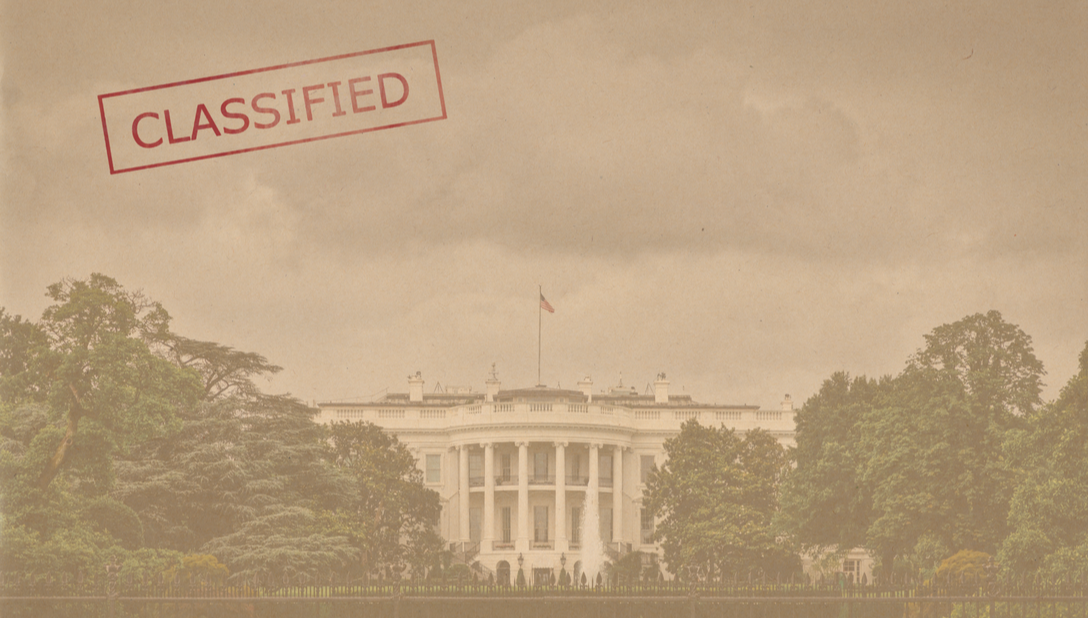|
The media is aflame with stories about the mishandling of classified material by President Joe Biden and former President Donald Trump, with partisans arguing why one or the other is in greater breach of the law. Trevor Timm, executive director of the Freedom of the Press Foundation, looks beyond the partisan wrangling at the underlying problem: the Espionage Act of 1917. Like a deep trawl scraping the ocean floor, the Espionage Act is broad enough to catch almost everything, including the wrong fish.
The Espionage Act is the worst kind of law, one that is as vague as it is broad. It weaponizes the tendency of government to put a “classified” stamp on even anodyne material. “No one is ever punished for overclassifying information, yet plenty of people go to prison for disclosing information to journalists that never should have been classified to begin [with],” Trim wrote in The Guardian. “Even efforts to reform the secrecy system end up being classified themselves.” PPSA filed Freedom of Information Act (FOIA) requests before a host of government agencies seeking documents that would gauge how well they are complying with an Executive Order 13526. This order, issued by President Obama, was meant to stem the tide of classification and prevent government agents from classifying documents “for self-serving reasons or simply to avoid embarrassment.” In the wake of President Obama’s executive order to curb over-classification, the number of U.S. classified government documents rose from almost 55 million to 77.5 million documents in five years. Less than one percent of federal money spent on the classification system is spent on declassification. “Tens or hundreds of millions of documents are classified per year,” Timm wrote. “A tiny fraction will ever see the light of day, despite the fact the vast majority never should have been given the ‘secret’ stamp in the first place.” While most government agencies have ignored PPSA’s FOIA requests, the State Department did respond to PPSA with a pinhole look at some of the problems with its classification system. Documents were classified when they shouldn’t have been; documents were classified at the wrong level; some information was classified for a longer duration than necessary. The government is self-forgiving, allowing itself to be free to make mistakes, but an American accused under the Espionage Act is apt to get rough treatment and a good stretch in a federal prison. We should remember that the Espionage Act was the centerpiece of the police state erected by President Woodrow Wilson. Socialist Charles T. Schenck went to prison for violating that law. His crime? He passed out a leaflet opposing America’s military draft during World War One. These outrages against free speech paved the way for the even more draconian anti-speech amendment, the Sedition Act (which, thankfully, Congress repealed). Justice Oliver Wendell Holmes Jr., writing for the majority, found an exception to the First Amendment. Speech that “creates a clear and present danger” may be prohibited and speakers prosecuted. Fortunately, Congress and prosecutorial practice have pulled back on those measures. But the blacking out of a wide swath of government activities from public view, and criminalizing discussion about those activities, remains a disturbing exception to the First Amendment. Whatever one’s opinions concerning the current and former presidents, the breadth of this law in enforcing an over-classification system run amuck is a sure sign that reform is needed. Perhaps it will take two presidents of both parties getting snared in the Espionage Act’s net to spur Congress to pass limits on the classification system and the secret state. Comments are closed.
|
Categories
All
|


 RSS Feed
RSS Feed